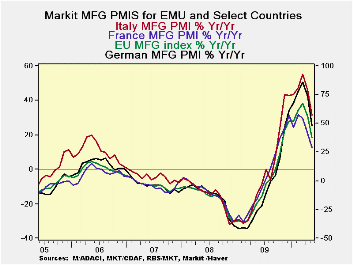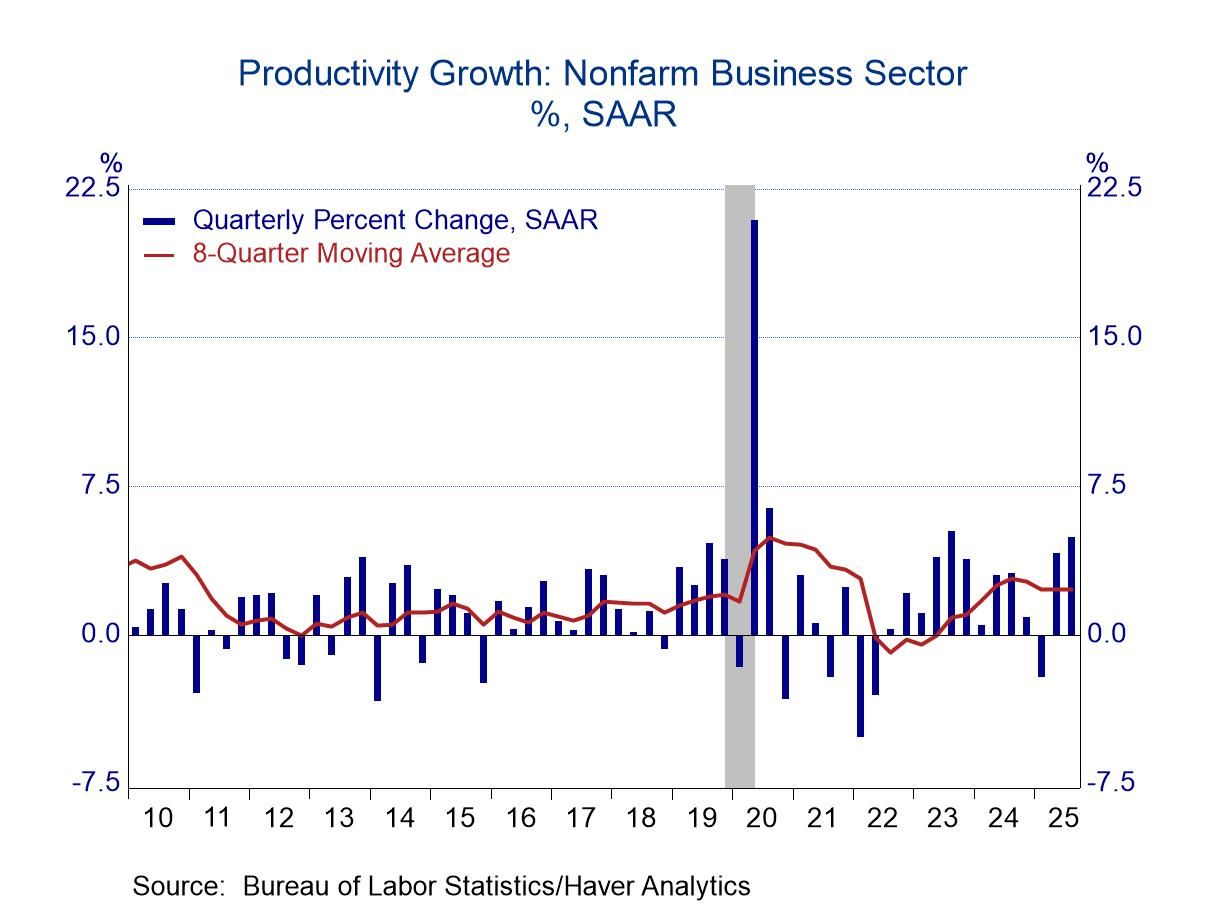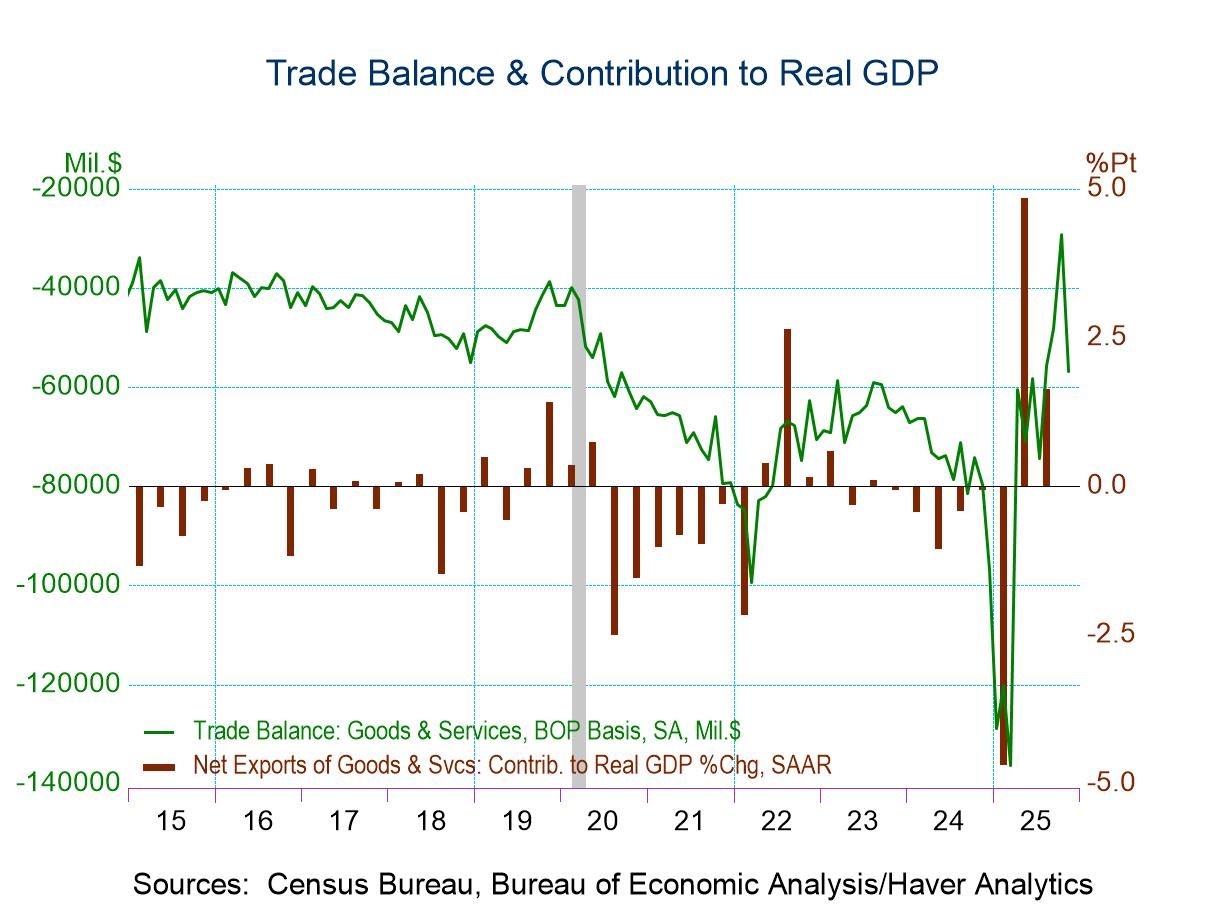 Global| Jun 01 2010
Global| Jun 01 2010Market Indices For MFG Drop Sharply Off-Peak
Summary
The market MFG barometers for EMU fell across the bard in May. Only Ireland among the main reports showed a month-to-month boost and the EU’s UK edged higher. Greece the well-know troubled EMU ember shows what troubled straits it is [...]

The market MFG barometers for EMU fell across the bard in May. Only Ireland among the main reports showed a month-to-month boost and the EU’s UK edged higher. Greece the well-know troubled EMU ember shows what troubled straits it is in as it is the only example of a MFG PMI that is down over three-, six- and twelve-months. Moreover, every other EU/EMU report in the table is up by 20 index points (or almost) from its respective cycle low. Greece is not. Notably Greece’s MFG index is up by just 3.6 points from its low. The whole of the e-Zone is not even down that much from its cycle peak! Greece’s problems are not just problems with debt but are about problems in getting economic growth going and improving its tax revenues. The manufacturing sector has been leading EMU into recovery.
Today EMU unemployment was reported and it ticked up by 0.1%. In Germany the rate fell and the number unemployed fell by more than expected as Greece’s woes are helping German growth by having knocked down the value of the euro. Germany is benefitting from export strength. Still it is well recognized that Greece’s problems could become a net negative for the Zone. And, of course, Greece is not the only thing Europe is worried about.
Spain was downgraded by Fitch just before the weekend at the end of the US trading day. Over the weekend the ECB released estimates for the first time on the amount of bank loan losses that the Zone’s banking system probably faces. The ECB pointed to 195bln euros in loan losses for 2010 and 2011 saying that it could be worse if growth were hit hard. Add to this to the news of China slowing and we have a US-holiday shortened week that has just begun and already is jam-packed full of negative news. Welcome back!
| Changes in Markit MFG Indices | ||||||||
|---|---|---|---|---|---|---|---|---|
| Changes Mo/Mo | Change on Frequency | |||||||
| May-10 | Apr-10 | Mar-10 | 3Mo | 6Mo | 12Mo | From Peak | From Low | |
| Euro-13 | -1.69 | 0.90 | 2.42 | 1.63 | 4.66 | 15.18 | -2.9 | 22.3 |
| Germany | -3.14 | 1.34 | 3.02 | 1.22 | 5.99 | 18.85 | -3.1 | 26.5 |
| France | -0.77 | 0.08 | 1.59 | 0.90 | 1.38 | 12.46 | -8.2 | 21.0 |
| Italy | -0.28 | 0.57 | 2.10 | 2.39 | 3.93 | 12.91 | -3.6 | 19.4 |
| Spain | -1.80 | 1.46 | 2.75 | 2.41 | 6.23 | 11.68 | -5.7 | 23.0 |
| Austria | -2.11 | 3.62 | 1.31 | 2.82 | 8.29 | 18.92 | -2.1 | 25.1 |
| Greece | -1.85 | 0.71 | -1.26 | -2.40 | -5.45 | -4.28 | -14.2 | 3.6 |
| Ireland | 0.67 | 0.42 | 4.35 | 5.44 | 5.29 | 14.73 | -1.3 | 20.9 |
| EU | ||||||||
| UK | 0.02 | 0.69 | 0.67 | 1.38 | 5.38 | 12.92 | 0.0 | 22.8 |
| percentile is over range since March 2000 | ||||||||
Robert Brusca
AuthorMore in Author Profile »Robert A. Brusca is Chief Economist of Fact and Opinion Economics, a consulting firm he founded in Manhattan. He has been an economist on Wall Street for over 25 years. He has visited central banking and large institutional clients in over 30 countries in his career as an economist. Mr. Brusca was a Divisional Research Chief at the Federal Reserve Bank of NY (Chief of the International Financial markets Division), a Fed Watcher at Irving Trust and Chief Economist at Nikko Securities International. He is widely quoted and appears in various media. Mr. Brusca holds an MA and Ph.D. in economics from Michigan State University and a BA in Economics from the University of Michigan. His research pursues his strong interests in non aligned policy economics as well as international economics. FAO Economics’ research targets investors to assist them in making better investment decisions in stocks, bonds and in a variety of international assets. The company does not manage money and has no conflicts in giving economic advice.






